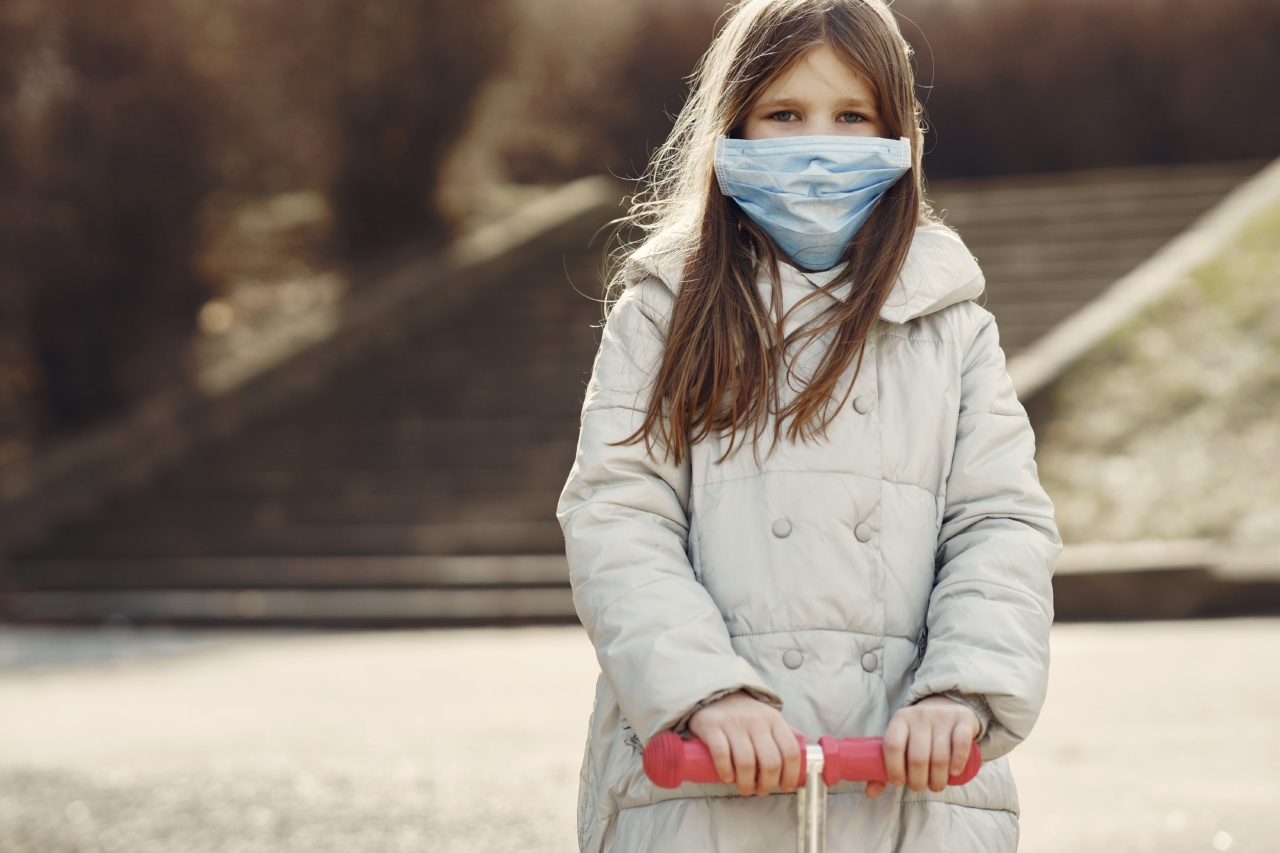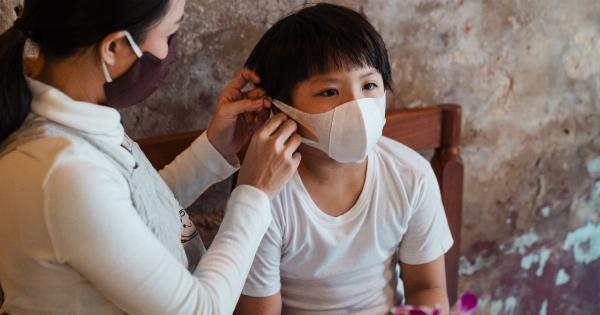Winter is a time for skiing, snowball fights, and hot chocolate. However, it’s also a time for viruses to thrive and spread.
Children are particularly susceptible to catching these viruses due to their weaker immune systems, and as a parent, it’s important to be aware of the common winter viruses and take measures to keep your family healthy. In this article, we’ll discuss some of the most common winter viruses and how they can be harmful to your children.
The Common Cold
The common cold is one of the most common winter viruses, and it’s estimated that children can catch up to eight colds per year. The common cold is caused by a virus and typically results in a runny nose, cough, and sore throat.
While most cases of the common cold are mild and resolve on their own, it can be harmful for children who have weaker immune systems. In some cases, the common cold can lead to more serious respiratory infections, such as bronchitis or pneumonia.
Influenza (Flu)
Influenza, or the flu, is another common winter virus that can be harmful for children. The flu is caused by a virus and typically results in a fever, body aches, and cough.
While most cases of the flu are mild and resolve on their own, it can be more severe in children and lead to complications, such as pneumonia or dehydration. It’s recommended that all children over six months of age receive an annual flu vaccine to protect against the virus.
Norovirus
Norovirus is a highly contagious virus that is a common cause of gastrointestinal illness in the winter months. Symptoms of norovirus include vomiting, diarrhea, and stomach pain.
While most cases of norovirus are mild and resolve on their own, it can be harmful for children who are more susceptible to dehydration. It’s important to practice good hygiene, such as washing hands frequently, to prevent the spread of norovirus.
Rhinovirus
Rhinovirus is another common cause of the common cold and typically results in a runny nose, cough, and sore throat. While most cases of rhinovirus are mild, it can be harmful for children who have weaker immune systems.
Rhinovirus is highly contagious and can be spread through coughing or sneezing, as well as touching contaminated surfaces.
Respiratory Syncytial Virus (RSV)
Respiratory Syncytial Virus (RSV) is a common cause of respiratory infections in children under the age of two. Symptoms of RSV include coughing, wheezing, and difficulty breathing.
While most cases of RSV are mild and resolve on their own, it can be harmful for infants and young children who are more susceptible to complications, such as pneumonia.
Croup
Croup is a viral infection that typically affects children under the age of five. Symptoms of croup include a barking cough, hoarse voice, and difficulty breathing.
While most cases of croup are mild and resolve on their own, it can be harmful for children who have trouble breathing. It’s important to seek medical attention if your child is experiencing difficulty breathing.
Hand, Foot, and Mouth Disease
Hand, Foot, and Mouth Disease is a viral infection that is common in young children. Symptoms of Hand, Foot, and Mouth Disease include fever, mouth sores, and a rash on the hands and feet.
While most cases of Hand, Foot, and Mouth Disease are mild and resolve on their own, it can be harmful for young children who are more susceptible to dehydration and complications, such as meningitis.
Bronchiolitis
Bronchiolitis is a viral infection that typically affects children under the age of two. Symptoms of bronchiolitis include wheezing, coughing, and difficulty breathing.
While most cases of bronchiolitis are mild and resolve on their own, it can be harmful for infants and young children who are more susceptible to complications, such as pneumonia.
Mumps
Mumps is a viral infection that is highly contagious and is characterized by swollen salivary glands. Symptoms of mumps include fever, headache, and muscle aches.
While most cases of mumps are mild and resolve on their own, it can be harmful for teenagers and adults who are more susceptible to complications, such as meningitis or inflammation of the testicles or ovaries.
Preventing Winter Viruses
Preventing winter viruses is important for keeping your family healthy. Here are some tips to help prevent the spread of winter viruses:.
- Wash your hands frequently with soap and water.
- Avoid touching your face, especially your nose and mouth.
- Cover your coughs and sneezes with a tissue or your elbow.
- Avoid close contact with people who are sick.
- Stay home if you’re feeling sick.
- Get vaccinated against the flu.
By following these tips, you can help prevent the spread of winter viruses and keep your family healthy.
Conclusion
Winter viruses can be harmful for children, but by being aware of the common winter viruses and taking measures to prevent their spread, you can keep your family healthy.
Remember to wash your hands frequently, avoid close contact with people who are sick, and get vaccinated against the flu. By taking these simple steps, you can help protect your family from winter viruses.



























